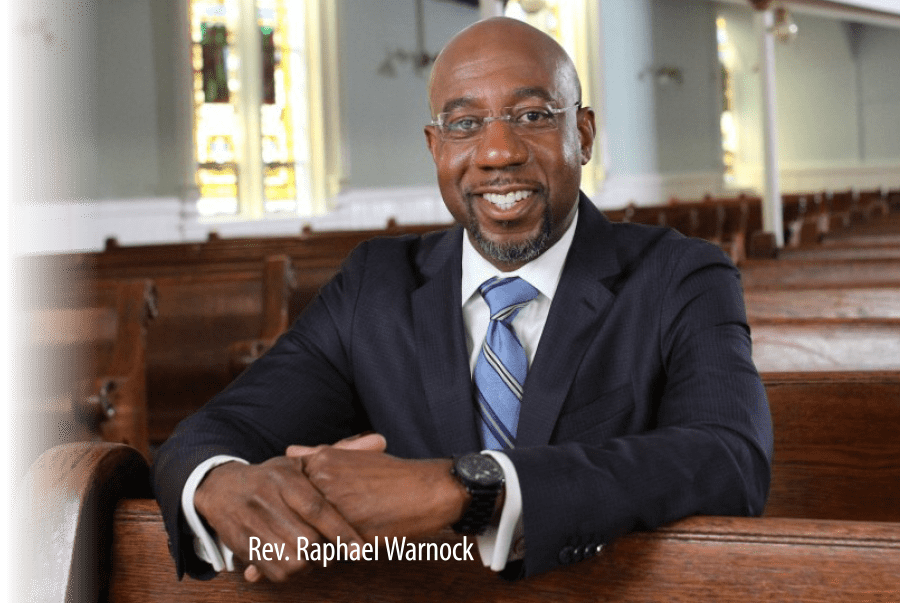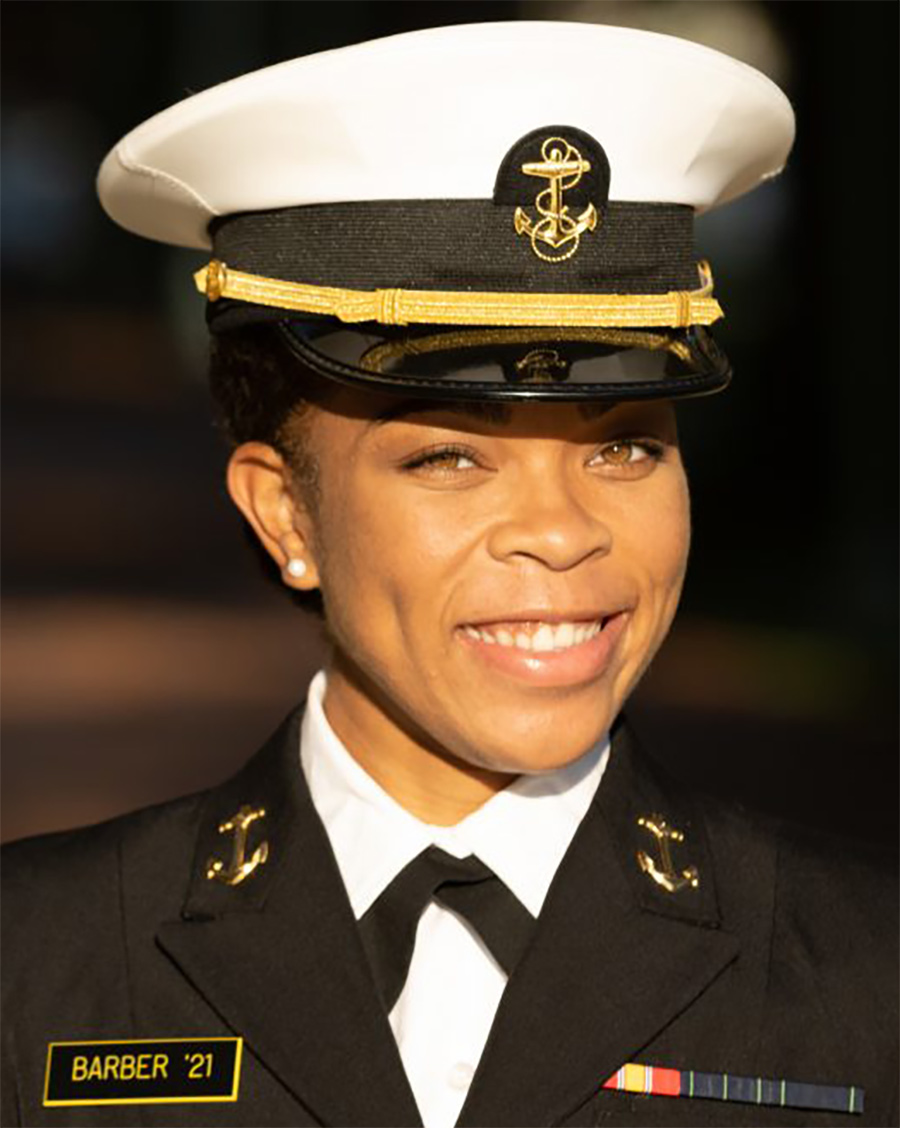

ome of the polemics from the Senate race in the state of Georgia included the, resurrected and misappropriated statement that the Reverend Doctor Raphael Warnock made in a sermon 10 years ago.
At the crescendo of his sermon, Warnock said “You can’t serve God and the military…” . That statement has been used as the catapult to launch assertions that he is not patriotic and should not be elected to represent the state of Georgia as a Senator.
He did say those words, but, context still matters. The larger point that he was making in that sermon was that divided loyalty is idolatry. Misplaced priorities displace integrity. When principles and policy conflict, the principle should take precedence.
If his sentiments, 10 years ago were, indeed, antithetical to patriotism, his body of work as a committed community activist and as an advocate for justice, equality, equanimity, health care and a living wage would be non sequiturs.
What about Saul and David? Both warriors and kings. Both men whom God selected to serve Him by leading the nation of their birth. Curiously, while serving in defense of their nation, both failed. Both were punished, not because of their military service, but, because of their personal folly. Saul did not recover. David was redeemed.
Then, remember Naaman, the leper. He was a decorated soldier and advisor to his king, prior to his conversion. As he is leaving the prophet Elisha, he asks for an indulgence because he served at the pleasure of his king, who was an idolater. Rather than condemn, excoriate or counsel him to quit his job, Elisha simply says to Him “Go in peace!”
Clearly, in Elisha’s mind, it is possible to serve God and serve patriotically, simultaneously. To be a civil servant, soldier, police officer, fireman or other first responder is not a sin. In fact, performing civic duty is really where the rubber on the wheels of Christian faith meet the roads of practical spirituality.
Whoever wins the election in Georgia, like the other 99 U. S. Senators, will take a patriotic oath similar to the one that all military people take. It says:

Midshipman Barber is an academy track and field athlete and a member of the academy’s gospel choir.
